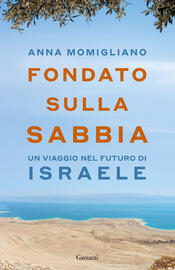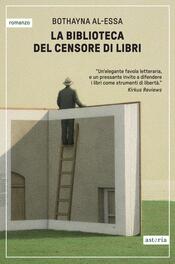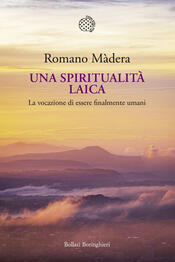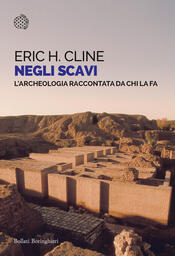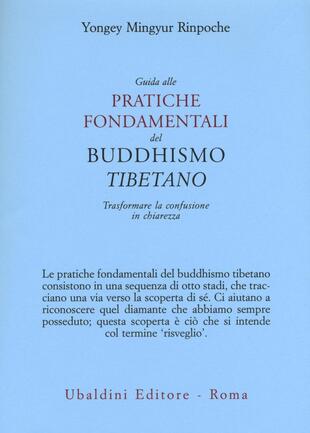

Guida alle pratiche fondamentali del buddhismo tibetano. Trasformare la confusione in chiarezza
Acquistalo
Sinossi
In tibetano, l'insieme delle pratiche fondamentali è chiamato ngöndro, che significa 'ciò che viene prima'. Il ngöndro racchiude i principi essenziali condivisi da tutti gli insegnamenti buddhisti, quelli relativi al non sé, all'imperma-nenza e alla sofferenza. È uno strumento per trasformare in esperienze dirette i concetti di compassione, karma e vacuità, che rischiano di rimanere teorie interessanti senza alcun impatto sulla vita quotidiana. Può cambiare il modo di pensare a se stessi, di intendere le proprie capacità, e di relazionarsi con gli altri. Presenta possibilità tanto immense e profonde che cercare di comprenderlo nella sua interezza può apparire un compito soverchiante. Per questa ragione, è importante ricordare che va praticato un passo alla volta. Suddiviso in quattro pratiche comuni e quattro pratiche particolari, il ngöndro comprende i quattro pensieri che volgono la mente al Dharma (le contemplazioni sulla preziosa vita umana, l'impermanen-za, il karma e la sofferenza), il prendere rifugio, la purificazione, la pratica del mandala (o accumulazione di saggezza e merito), e infine il guru yoga. Mingyur Rinpoche delinea tutte le sezioni del ngöndro in grande dettaglio, soffermandosi in particolare sui dubbi e le difficoltà che sorgono spesso per gli studenti occidentali.
- ISBN:
- Casa Editrice:
- Pagine: 328
- Data di uscita: 26-01-2017
Recensioni
Buddhism is not a religion. To a trained Buddhist, "it is a type of science, a method of exploring your own experience through techniques that enable you to examine your actions and reactions in a nonjudgmental way" (11). This book was a good intro in training to achieve a "natural mind" or Enlighte Leggi tutto
I wish every foray into religion was this enjoyable. Yongey Mingyur Rinpoche is a powerful writer with a gentle sense of humor, most noticably about himself. To any westerner looking to explore Buddhism, READ THIS BOOK. To any person who is feeling less than enthusiastic about getting up in the morn Leggi tutto
Buddhism often claims to be science —"science of the mind"— and this author and Buddhist teacher is keen to explore the overlap between modern neuroscience and traditional Tibetan Buddhist teachings. And Buddhism welcomes science. There is no need to be afraid of science. The more there is light, the Leggi tutto
I have to split this book into two parts: what it’s about, and the way it’s written. It’s about meditation, how to do it, and the benefits it offers. It’s written like a university thesis, with incomprehensible words and sentences lasting whole pages, and hardly any punctuation. If I hadn’t snatched a Leggi tutto
I have been following Yongey Mingyur Rinpoche in Youtube for some time now. I like the way he explains the Buddhist mindfulness meditation techniques in simple language.I am a big fan of his sense of humor. If you are like me , you will enjoy this book a lot. This book tries to give scientific expla Leggi tutto
This book was too many feel-good things at once. Pseudo-science meets religion justified by populist self-improving individualist crap equates to boring-ass writing. It took too long to read simply because it was so detestably practical I couldn't get myself to move through it. I don't care if he's
Citazioni
Al momento non ci sono citazioni, inserisci tu la prima!







